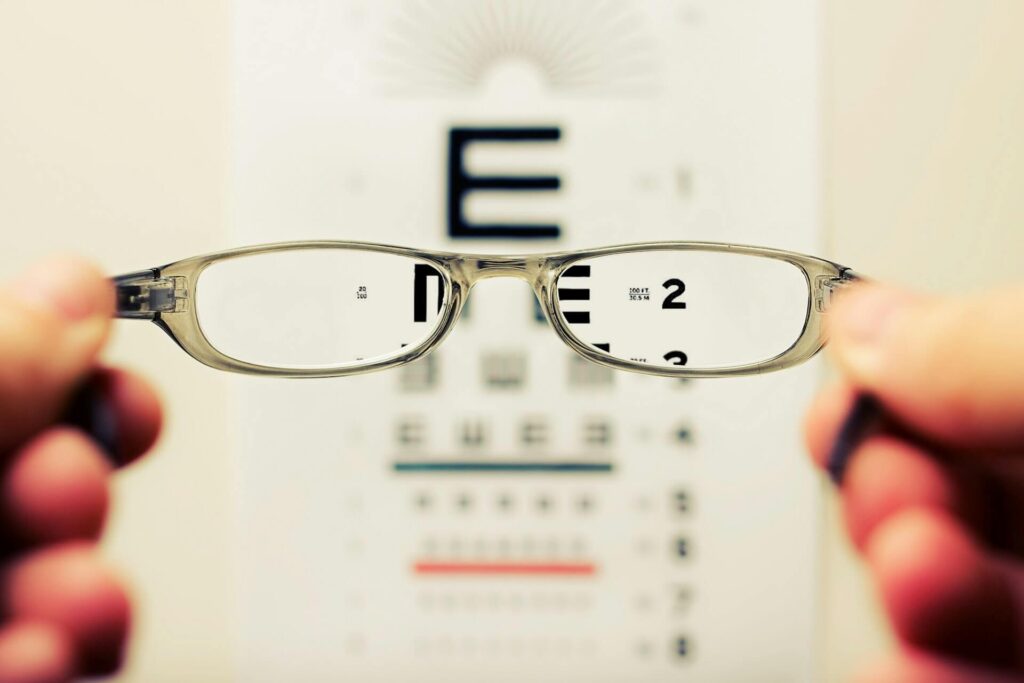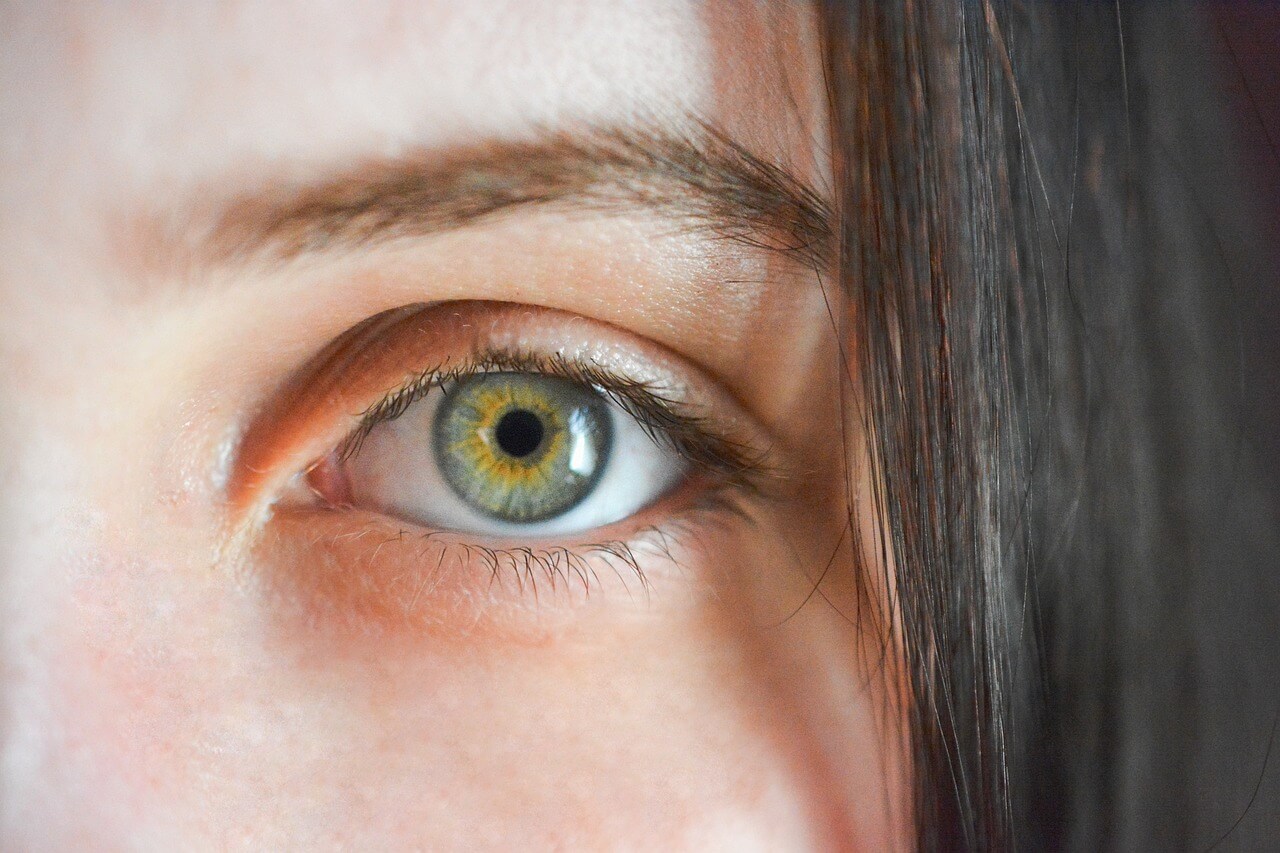Maintaining optimal vision and overall health is a multifaceted endeavor that goes beyond annual eye exams and occasional healthy meals. It encompasses a holistic approach to self-care, incorporating balanced nutrition, regular physical activity, adequate rest, and proactive eye care.
In today’s fast-paced world, where screens dominate our work and leisure time, it’s more crucial than ever to adopt practices that support eye health and enhance our general well-being. This guide will explore essential strategies and lifestyle adjustments that can help preserve your vision and promote a healthier, more vibrant life.
Balanced Nutrition for Vision Health
Eating lots of healthy foods, such as fruits, vegetables, and omega-3 fatty acids is important for maintaining good eye health. Foods high in antioxidants, from berries to leafy greens, can help protect the eyes from age-related diseases. Omega-3s, found in fish and flaxseeds, are crucial for retinal health and may ward off dry eye syndrome. Incorporating these nutrients into your daily meals can make a significant difference in your vision over time.
On the other hand, excessive intake of unhealthy fats and sugars can have a detrimental effect on your vision. Not eating right foods can lead to obesity, which increases the risk of developing conditions like type 2 diabetes, known to cause diabetic retinopathy, a leading cause of blindness in adults. Therefore, a balanced diet is not only crucial for overall health but specifically vital for maintaining clear and healthy vision.
Proactive Eye Care Practices
Getting your eyes checked regularly is important for detecting vision problems early on. Adults should have a full eye exam at least once every two years, or more frequently if recommended by an eye care professional. Children should also undergo vision screenings at various stages of their development to catch any issues that could impede their learning or daily activities.
Wearing sunglasses to protect your eyes from the sun and using protective eyewear during sports or when working with hazardous materials can prevent injuries and diseases such as cataracts. You can find blue light glasses for added protection while using screens, and regular use of lubricating eye drops can help relieve dry eyes. Keep in mind that early detection and prevention are key to maintaining optimal vision.
Regular Physical Activity
Regular exercise is beneficial not just for your waistline but also for your eyes. Being physically active can help reduce your risk of eye diseases, such as macular degeneration and glaucoma, by improving blood circulation and lowering intraocular pressure. Aim for at least 30 minutes of exercise most days of the week to reap these benefits.
While any form of exercise is better than none, incorporating a mix of cardiovascular, strength training, and flexibility exercises into your routine can offer comprehensive health benefits. Such a diversified approach ensures that you’re not only helping to maintain your vision but also bolstering your overall physical endurance and mental health.
Adequate Rest and Eye Relaxation
Getting enough sleep is really important for your eyes. When we sleep, our eyes are able to relax and repair themselves from all the stuff we put them through during the day. Doctors say adults should try and get between 7 to 9 hours of sleep each night so that their eyes can recharge properly. Additionally, taking breaks during screen time to practice the 20-20-20 rule—every 20 minutes, look at something 20 feet away for at least 20 seconds—can help reduce eye strain.
Eye relaxation techniques, such as palming and blinking exercises, can also alleviate eye strain, particularly for those who spend a lot of time in front of screens. Palming involves warming your hands by rubbing them together and gently placing them over your closed eyes while blinking exercises help moisturize the eyes and clear away dust particles.
Mindfulness and Stress Management
Stress can affect both your overall health and your eyes, potentially exacerbating conditions like dry eye and eye strain. Taking some time each day to relax your mind and body can really help lower your stress levels. Things like deep breathing or meditation where you focus just on your breathing are great ways to feel less stressed. Activities like that help you feel better and more at peace.
Making these habits part of your everyday life can boost your mood, lower anxiety, and help you concentrate better, which indirectly benefits your eye health by reducing the likelihood of stress-induced eye strain. Remember, a calm mind fosters a healthy body—and that includes the eyes.

Maintaining optimal vision and overall health is a comprehensive effort that requires attention to various aspects of lifestyle and well-being. From adhering to a balanced diet rich in nutrients beneficial for eye health to engaging in regular physical activity and managing stress, each element goes a long way in keeping your eyes healthy and improving your quality of life overall.
Proactive eye care practices and regular check-ups are indispensable for the early detection and treatment of potential vision problems. By integrating these holistic approaches into your daily routine, you not only safeguard your vision but also contribute to your overall health, setting a foundation for a vibrant and fulfilling life.








